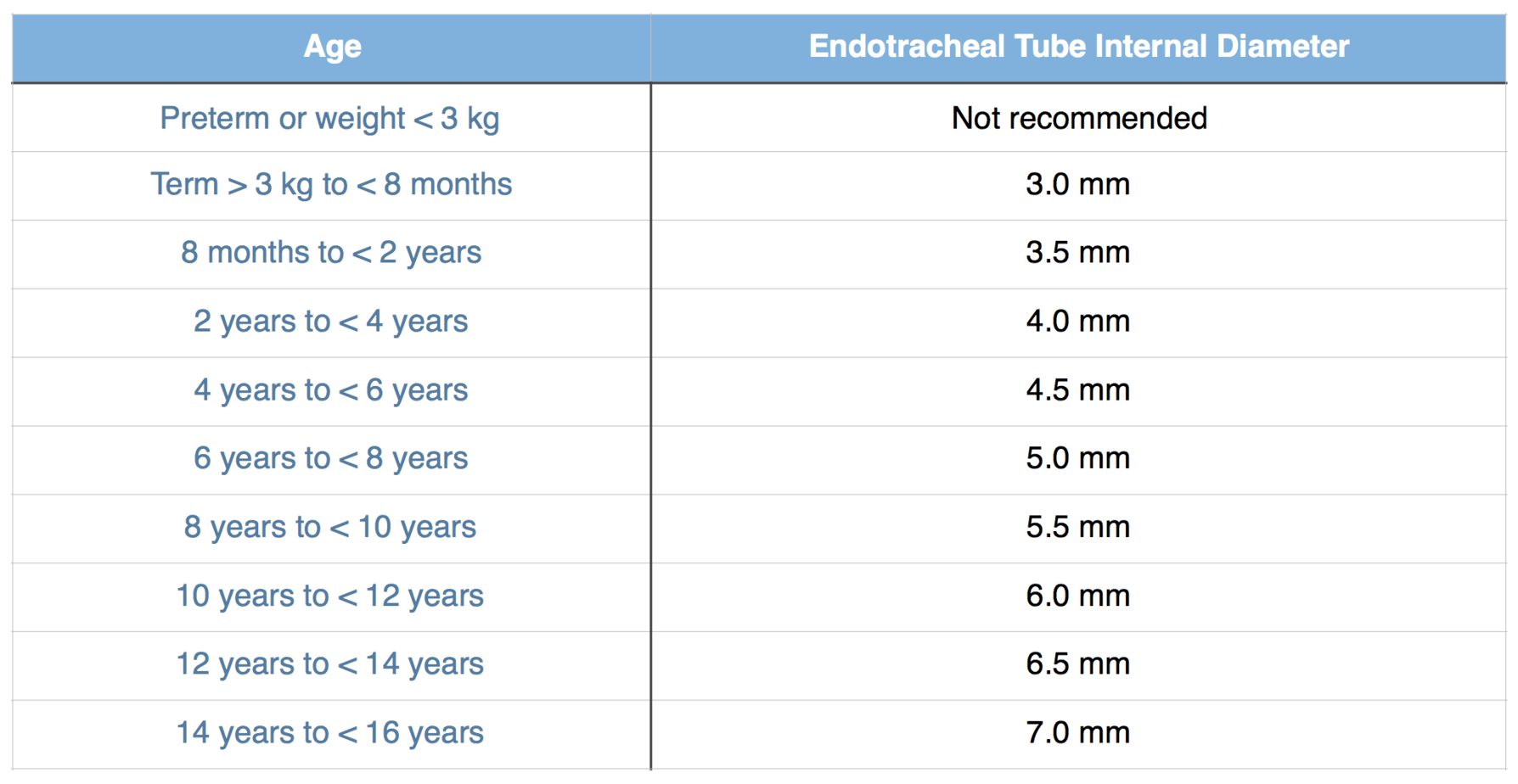Taking care of your pets’ health, diagnostic exams is a top priority. Veterinary laboratories detect hidden conditions for domestic animals like dogs and cats.
Here, we’ll explore the role of pet laboratory services and outline essential diagnostics.
Understanding Veterinary Labs for Pets
Animal diagnostic labs examine biological specimens to assist veterinarians. These labs integrate modern methods to ensure accurate results.

Main purposes of veterinary labs include:
- Identifying problems before they worsen: Improves recovery chances.
- Keeping an eye on recurring problems: Supports long-term health strategies.
- Validating health improvements: Improves treatment accuracy.
Common Veterinary Tests for Dogs and Cats
Animal diagnostic facilities offer a wide range of diagnostic options to detect specific issues. Popular exams include:
- Blood panels: Assess organ function.
- Urinalysis: Spot bladder issues.
- Digestive system diagnostics: Spot infections.
- Dermatological evaluations: Improve coat health.
- Imaging diagnostics: Identify hidden abnormalities.
Why Routine Exams Are Important for Pets
Routine lab work keeps your pets in optimal condition. By catching conditions before they escalate, you can avoid costly emergencies.

Why these tests matter include:
- Extended lifespan: Providing ongoing support helps pets live longer.
- Avoiding expensive emergencies: Addressing small problems early saves resources down the road.
- Strengthened bond with your pet: Stay informed about their health.
laboratório de análises clínicas veterinária
Why Testing is Key for Dogs and Cats
Pet diagnostic labs help keep pets healthy in supporting their health journey. Through consistent diagnostics, you help them live longer and healthier lives.
Don’t wait—take action now to ensure their health for years to come!